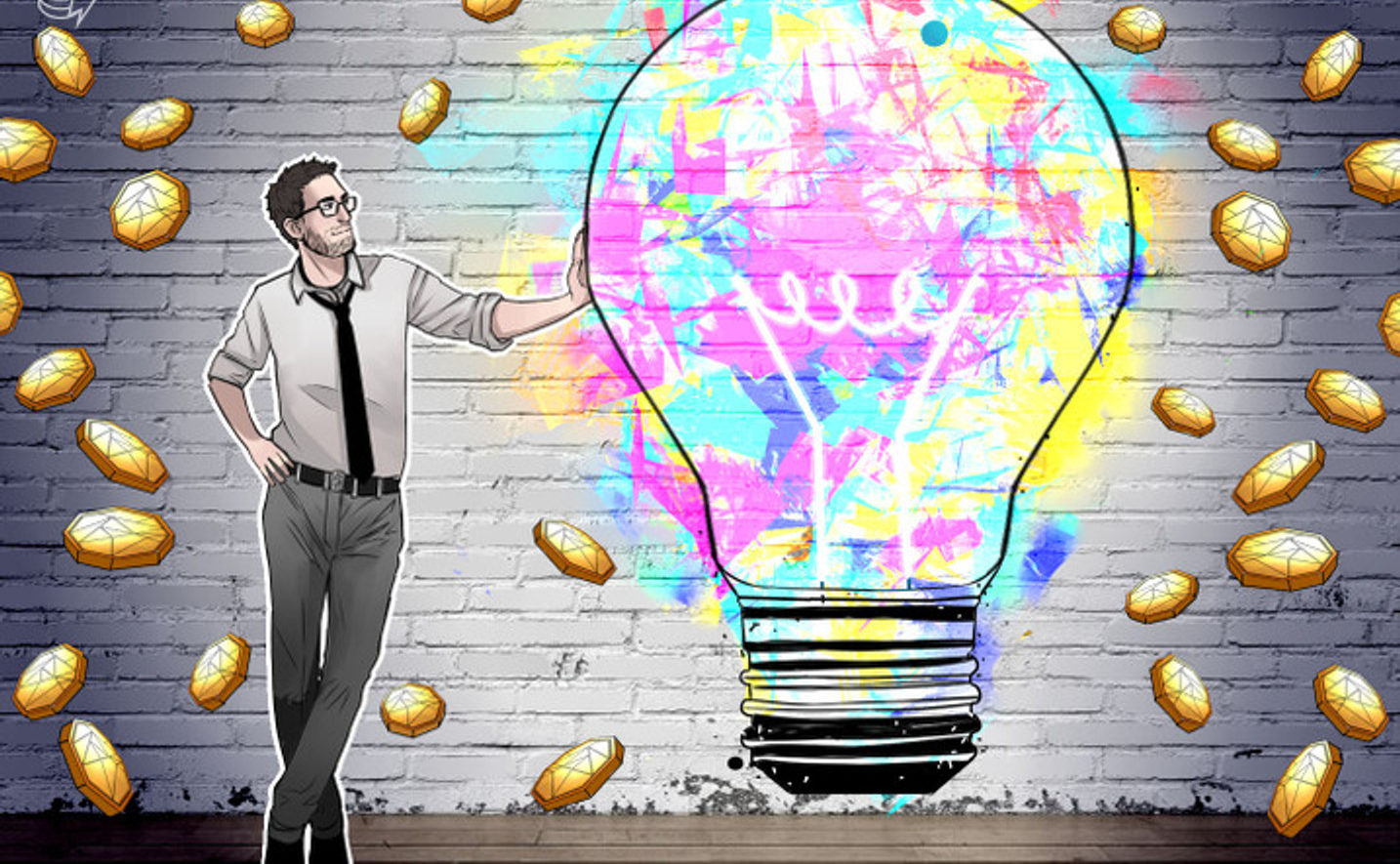RIO DE JANEIRO, BRAZIL – Blockchain technology is helping several creative artists in Brazil to register their productions and secure the copyright associated with them through a distributed ledger solution (DLT) developed by the startup InspireIP.
Created by Caroline Nunes, the platform allows all types of creators, be they musicians, writers, or painters, to register their work in up to five minutes, thus guaranteeing the right to their production. Without this technology, in Brazil, the process can take up to 180 days.
Nunes explained to Exame that in Brazil, the authorial registration process is done by the National Library, through a bureaucratic and totally analogical process, with forms filled out and sent by mail. As a result, regardless of the size of the work, registration takes an average of six months. As the National Library does not register works digitally, this is another deficiency that InspireIP helps to solve.
BLOCKCHAIN REGISTRATION IS LEGAL
To cut down on registration time, the platform created by Nunes, launched in 2020, uses blockchain. That way, data is not stored in one place. It creates a large chain of information blocks, which makes storage more secure.
Thus, the rights will be registered and protected in more than 170 countries because the startup follows both Brazilian Copyright Law norms and those of the Berne Convention.
However, for those who believe that only the registration at the National Library is valid, the Copyright Association informs that registration in the blockchain is allowed and that it has the same validity as the official model, much slower and more bureaucratic.
By registering the work in the system, the author receives a universal certification code. Whether in China, Germany, or the United States, anyone will know who the original author of that particular file is without having to translate anything or go through a whole legal process.
“I was frustrated by the excessive bureaucracy of registration and the archaic way it was done, which often discouraged registration. The idea came up during my master’s degree studies. There is a big gap in our system, and that is when I realized that we needed a better way to register copyrights,” said Nunes to Exame.
According to Nunes, the platform is straightforward to use and costs R$50 per registration.
“Basically, the user just has to register in the system and select the files. We accept files of any type and size – music, photos, Word documents, pdf, video – and the registration is done on the spot. The authorship certificate is valid internationally, for the entire life of the author, and another 70 years after their death,” she reveals.
The startup makes an average of 200 registrations per month. The monthly turnover is about R$10,000.
NFT
The company, together with the startup Nordeste Leilões, held the first auction of a Brazilian physical work of art tied to a non-fungible token (NFT). The work was the painting “Physical/Digital Frontier” by the Bahian artist Bel Borba.
Alberto José da Costa Borba, known as Bel Borba, is known for his sculptures, paintings, and artistic creations in public spaces in Salvador (BA), using the mosaic technique. At 64, he has also made artistic creations in Times Square in New York (USA).
Other works by Brazilian artists have already been sold on NFT platforms worldwide, but this was the first physical work of art by a Brazilian artist to go to auction in this segment. Major art galleries have already adopted cryptocurrencies for payments and NFTs to certify the works sold.


